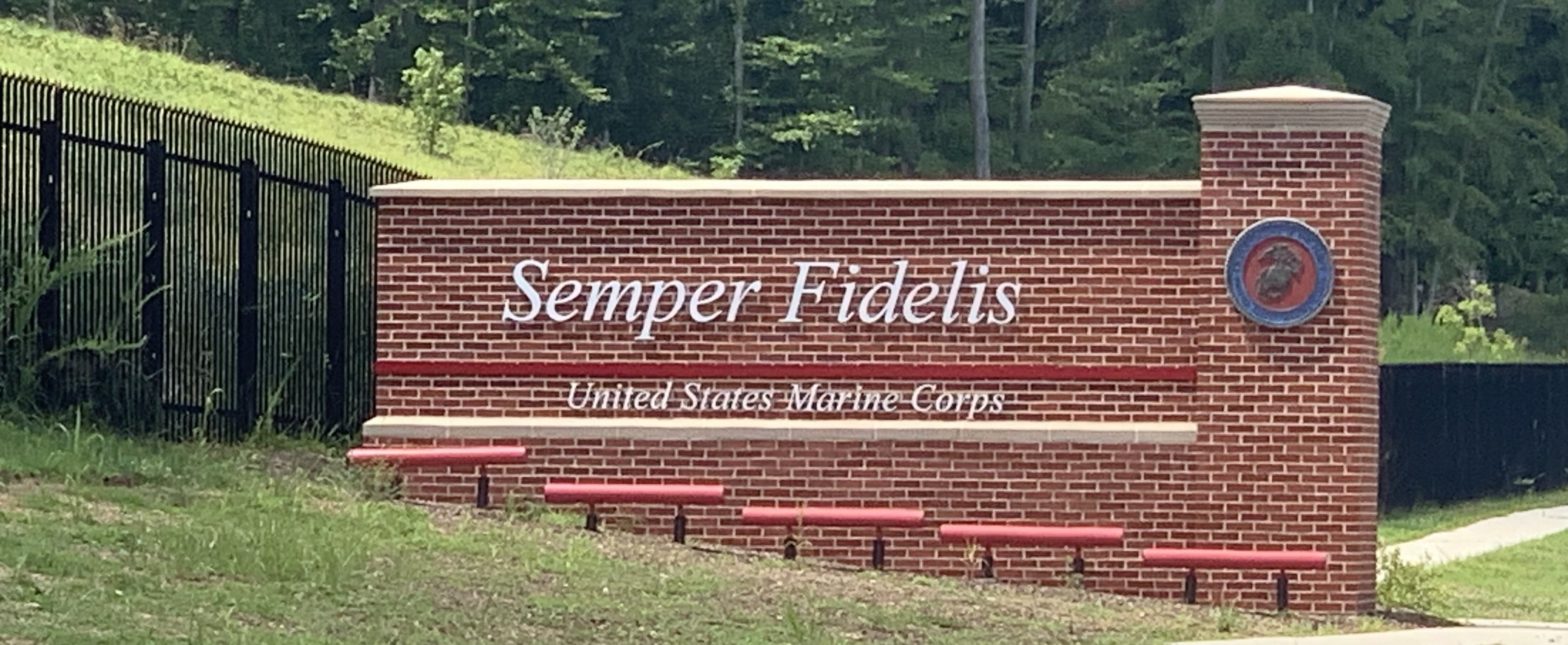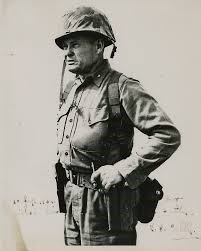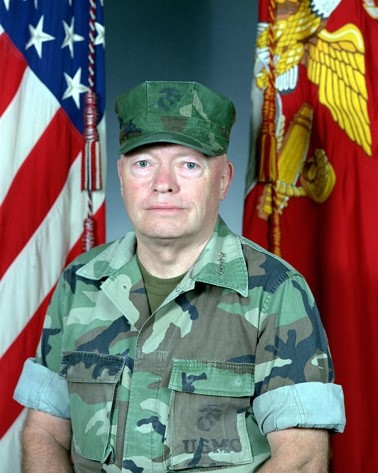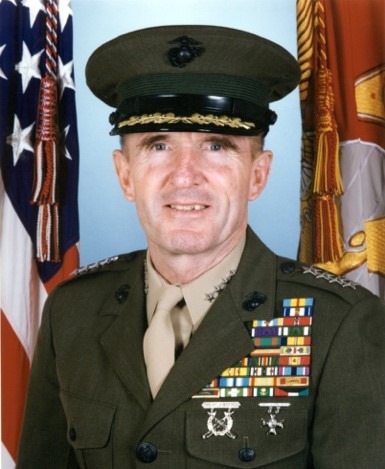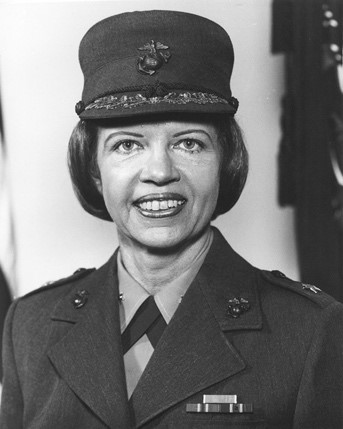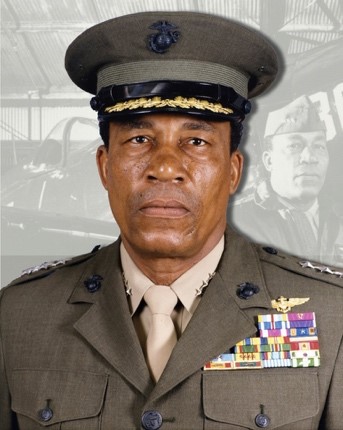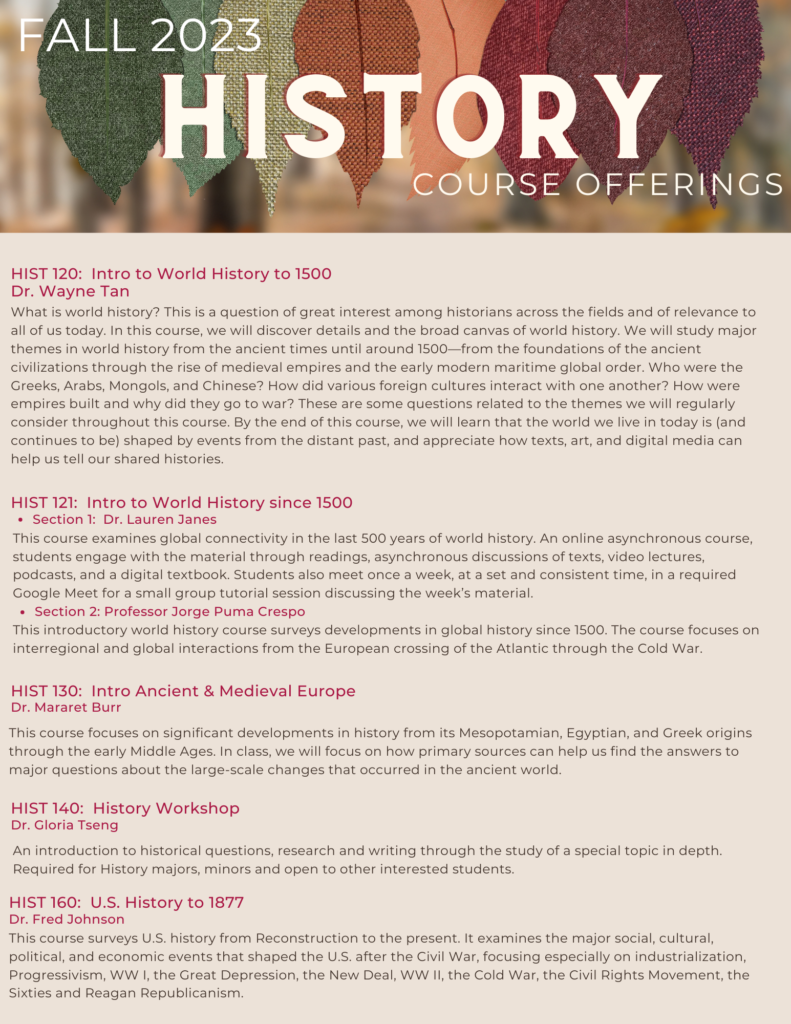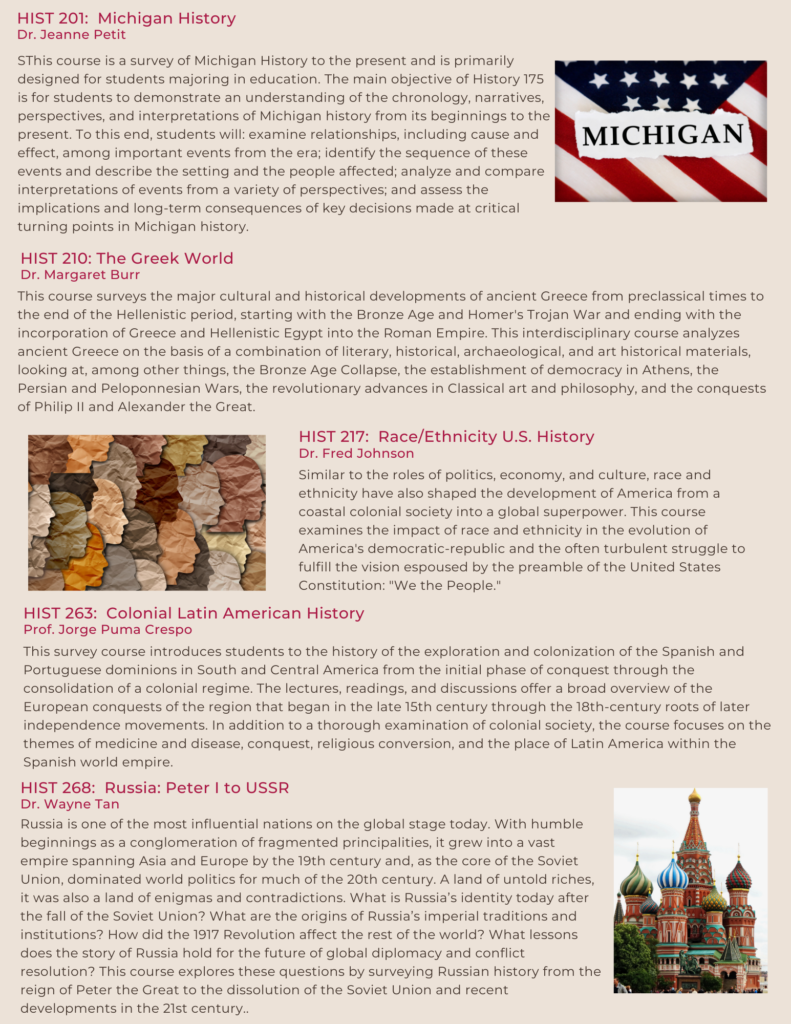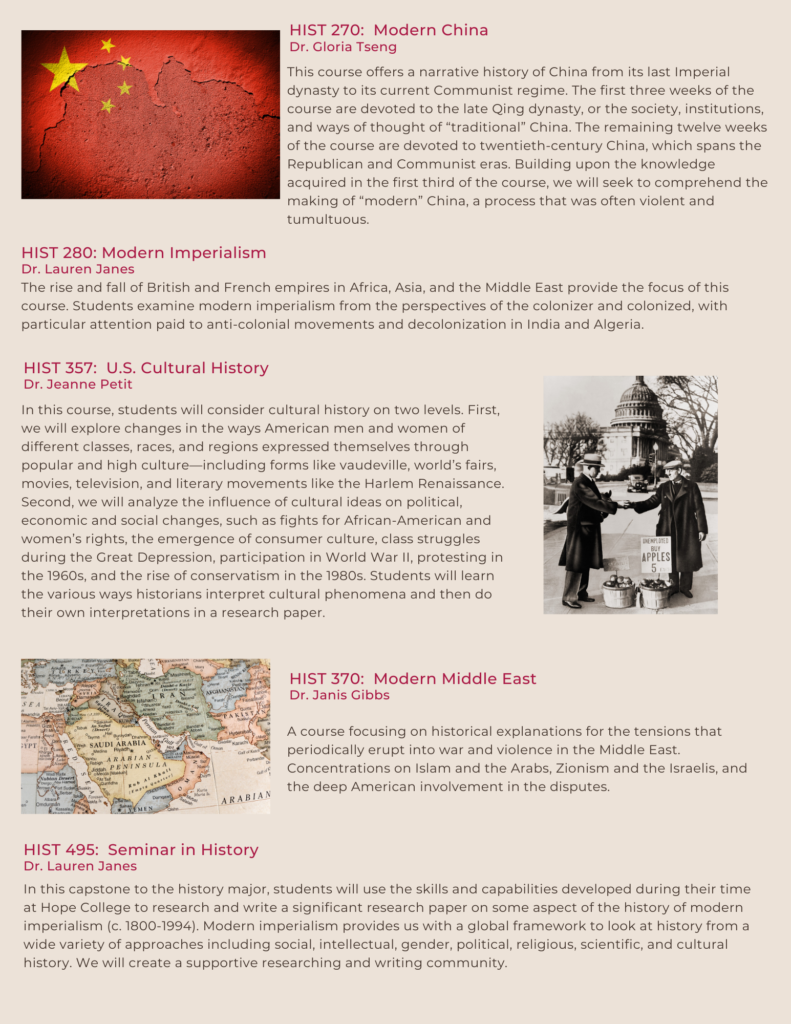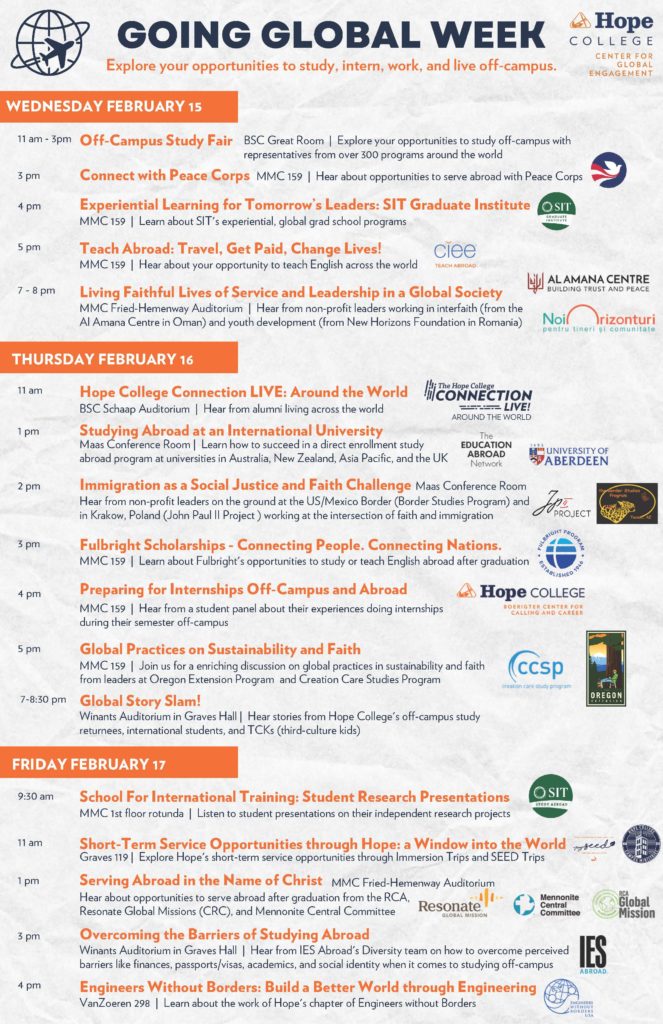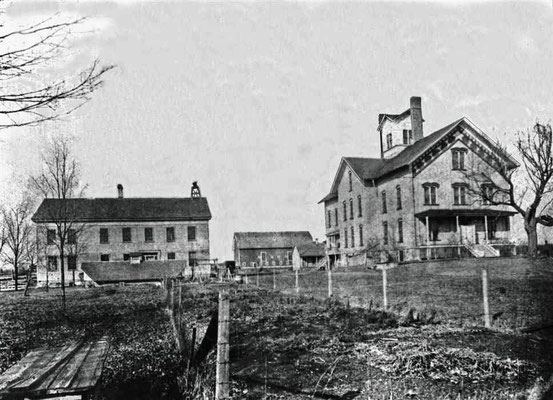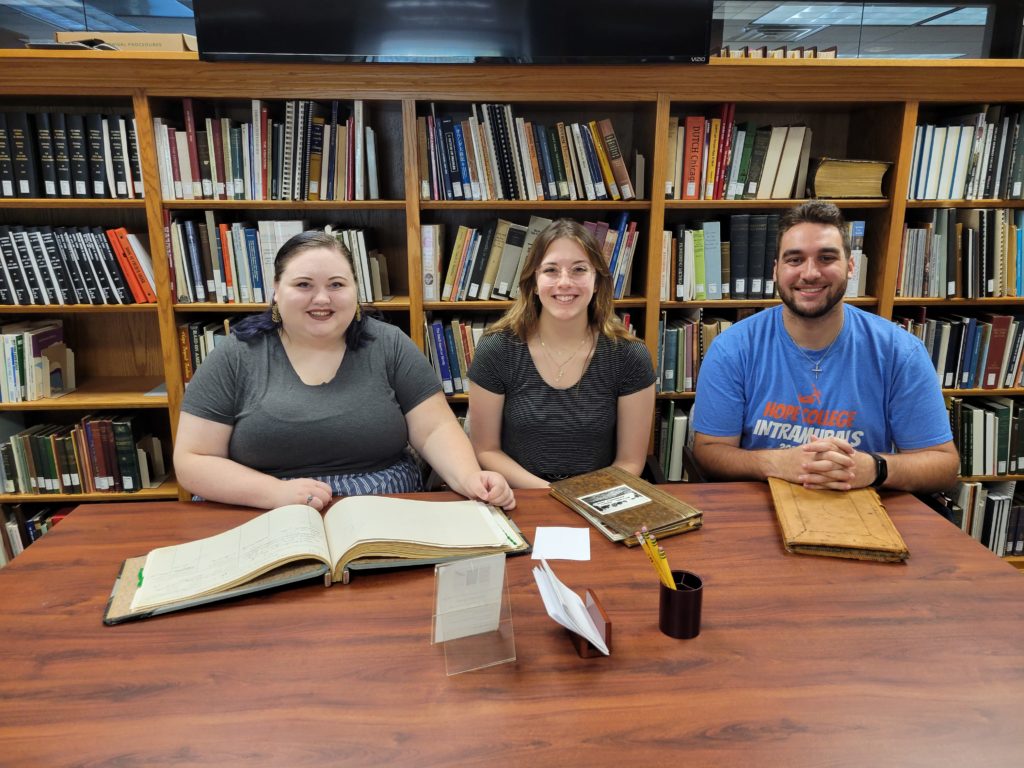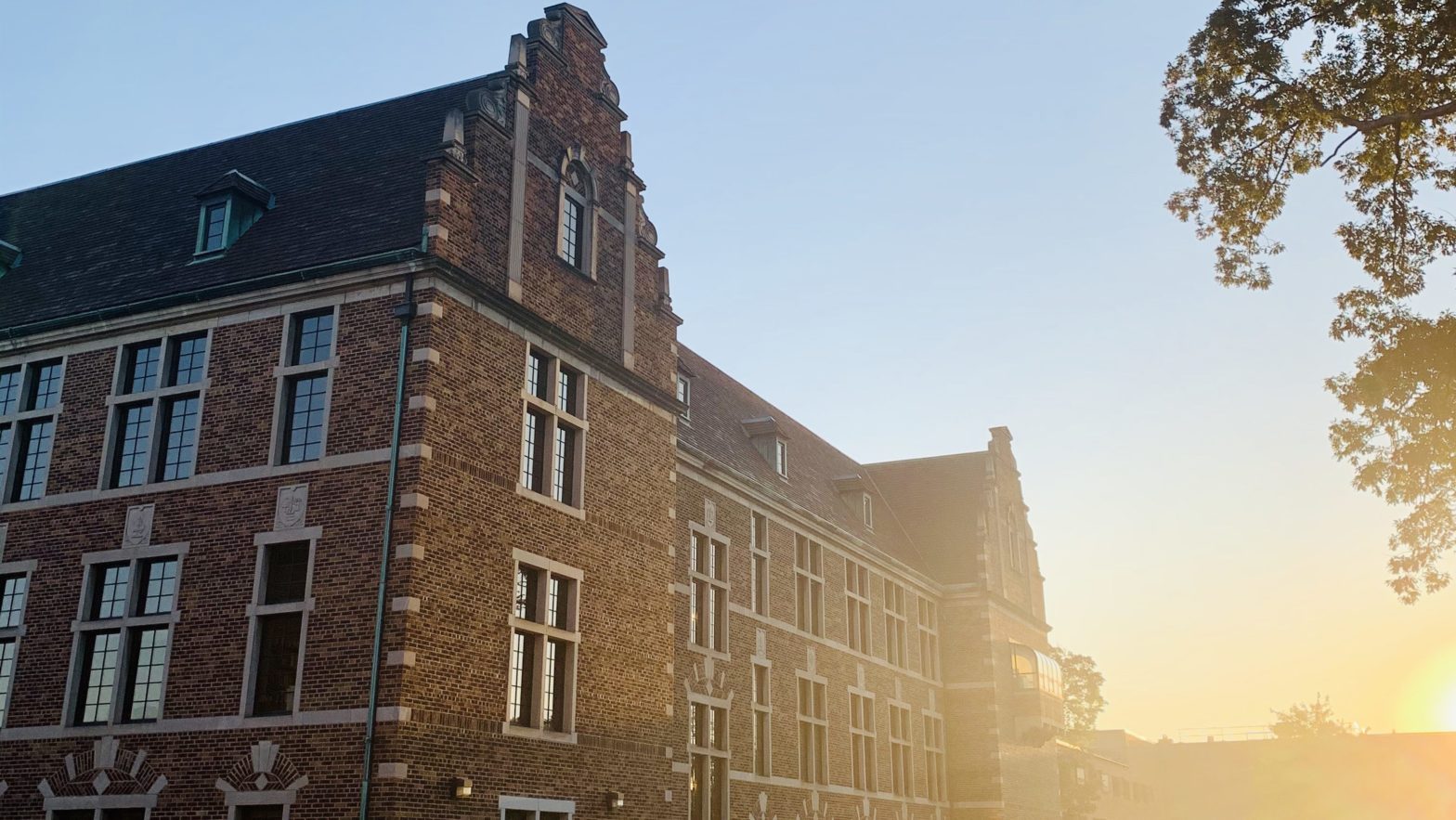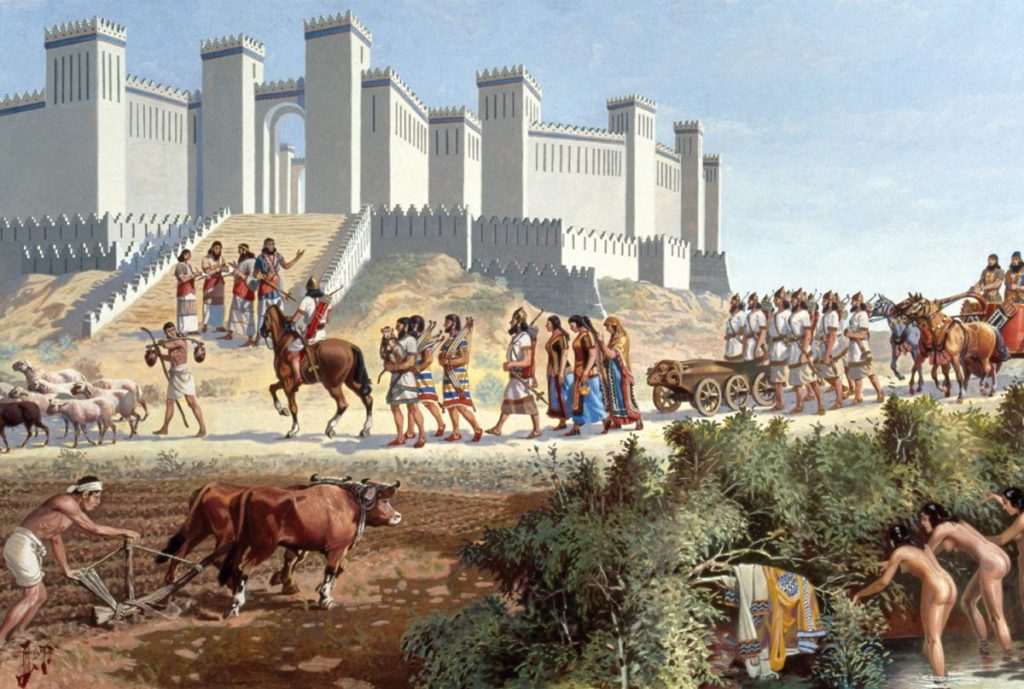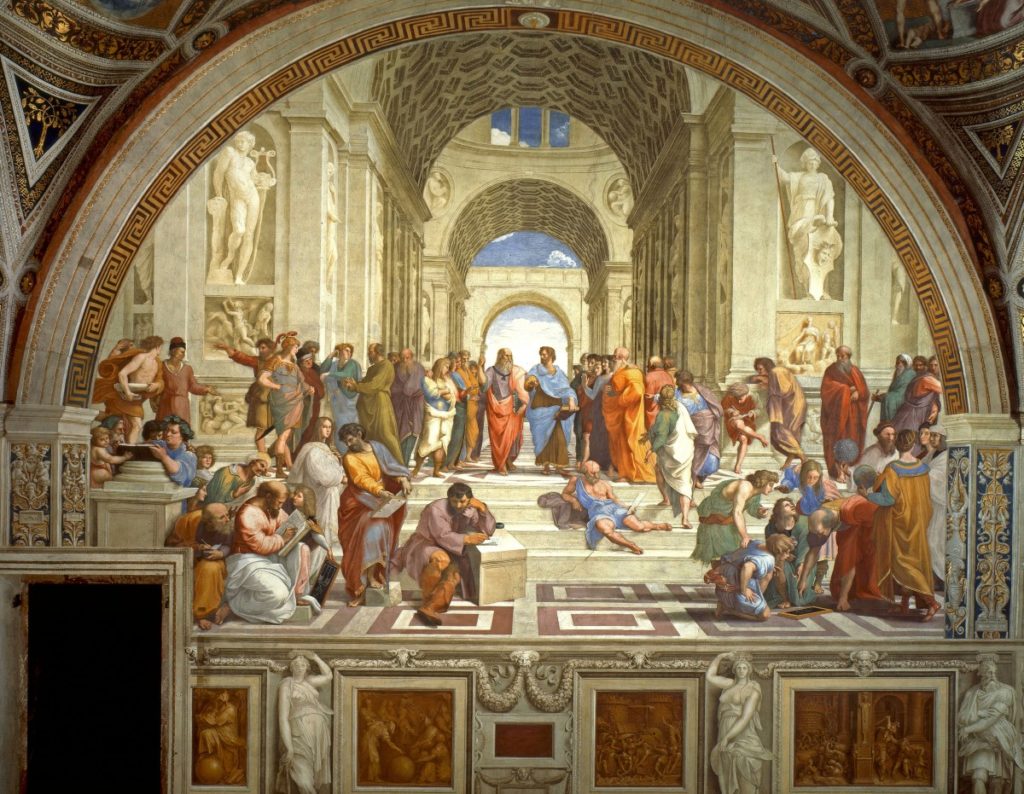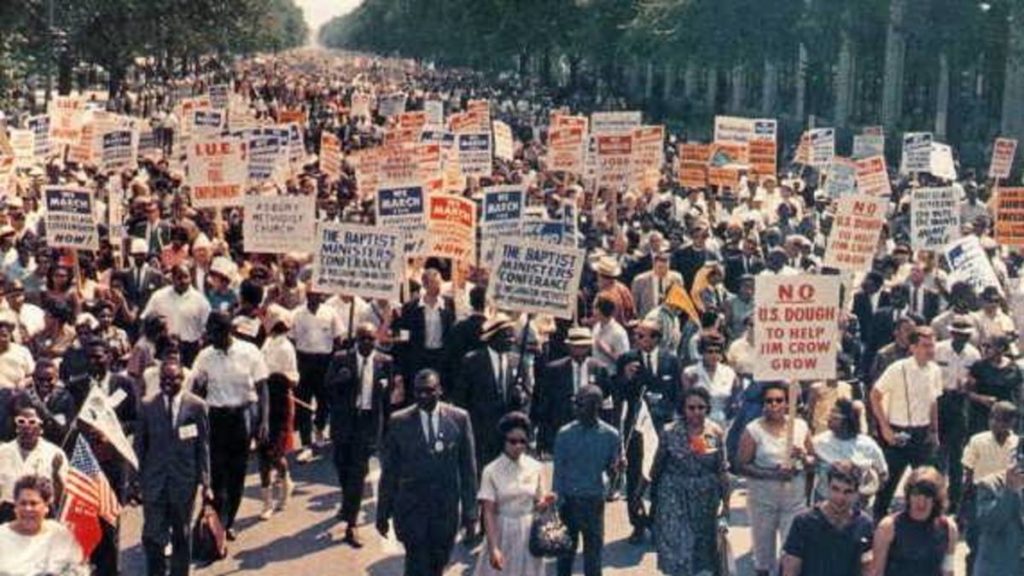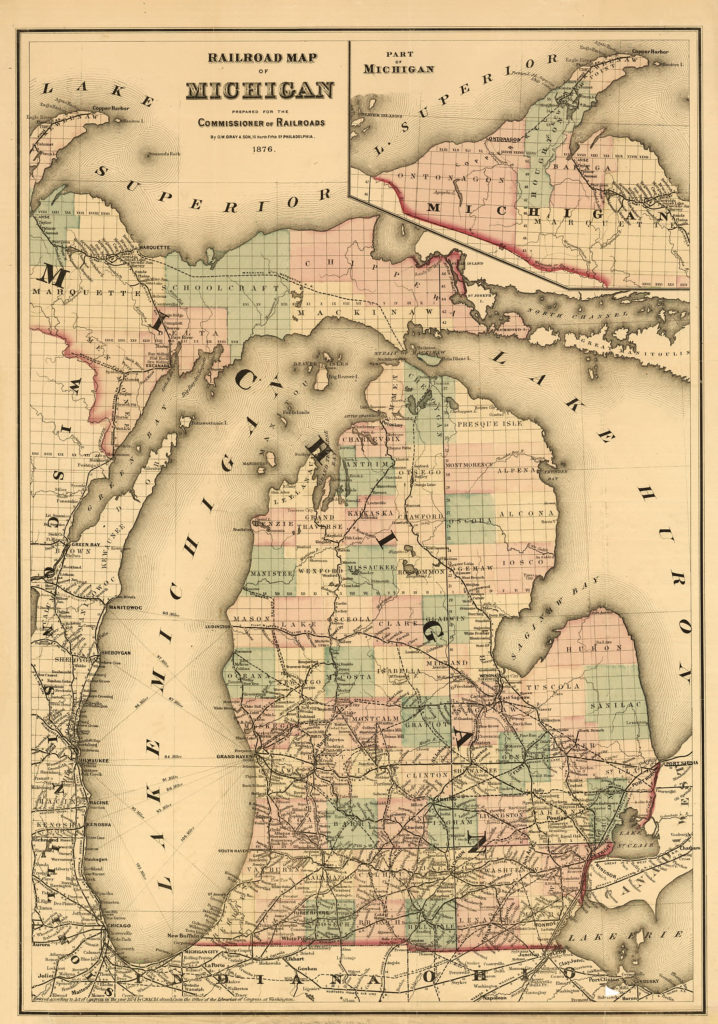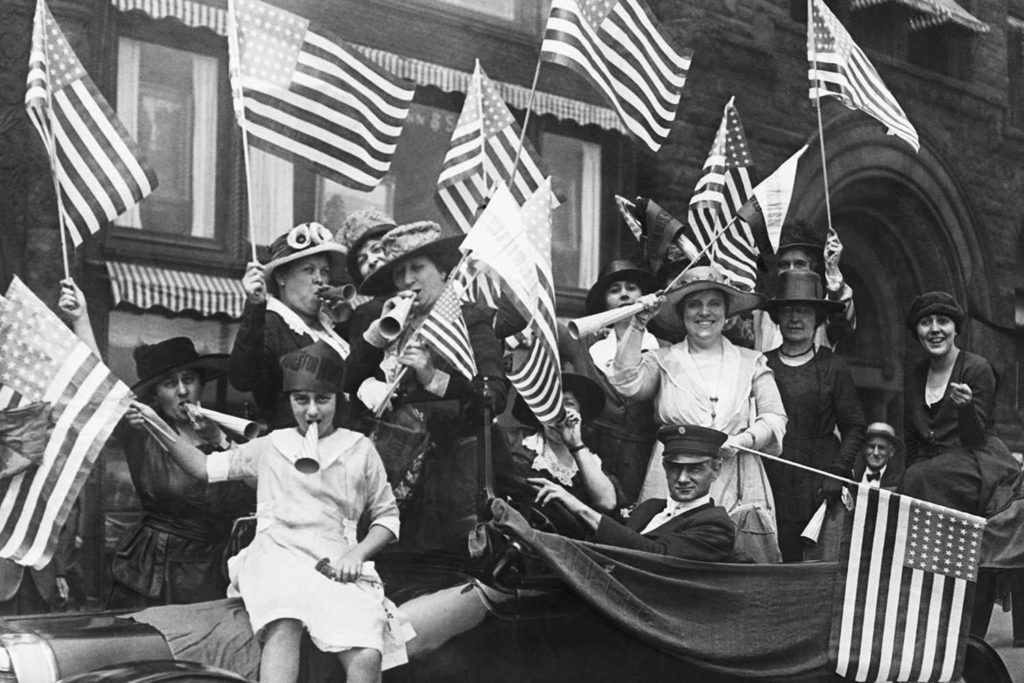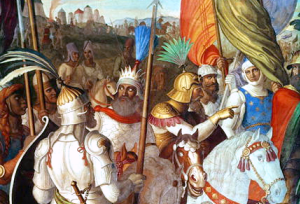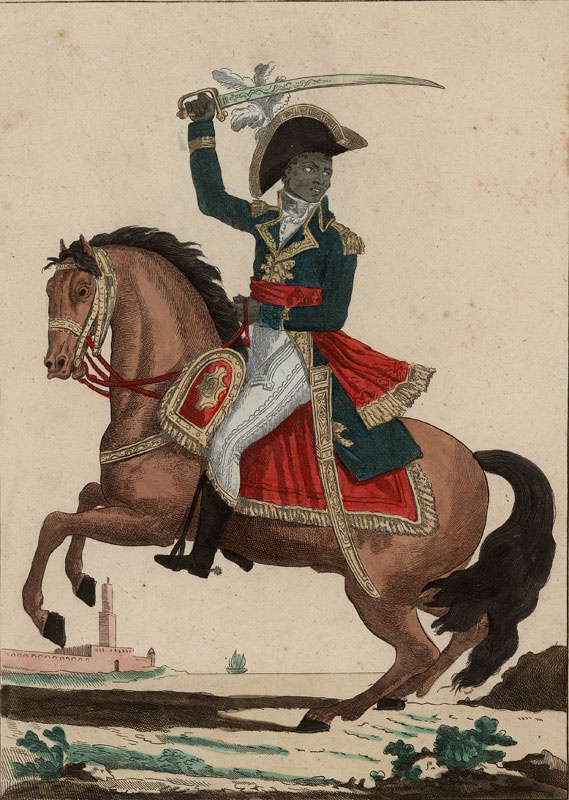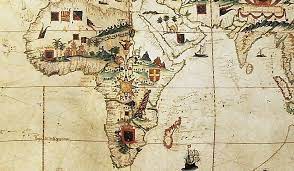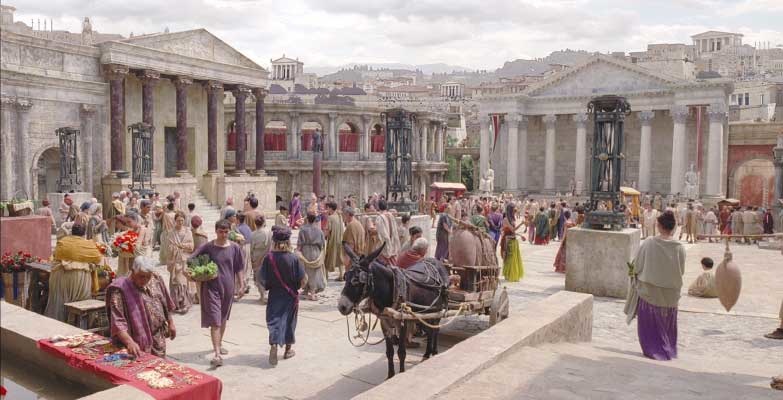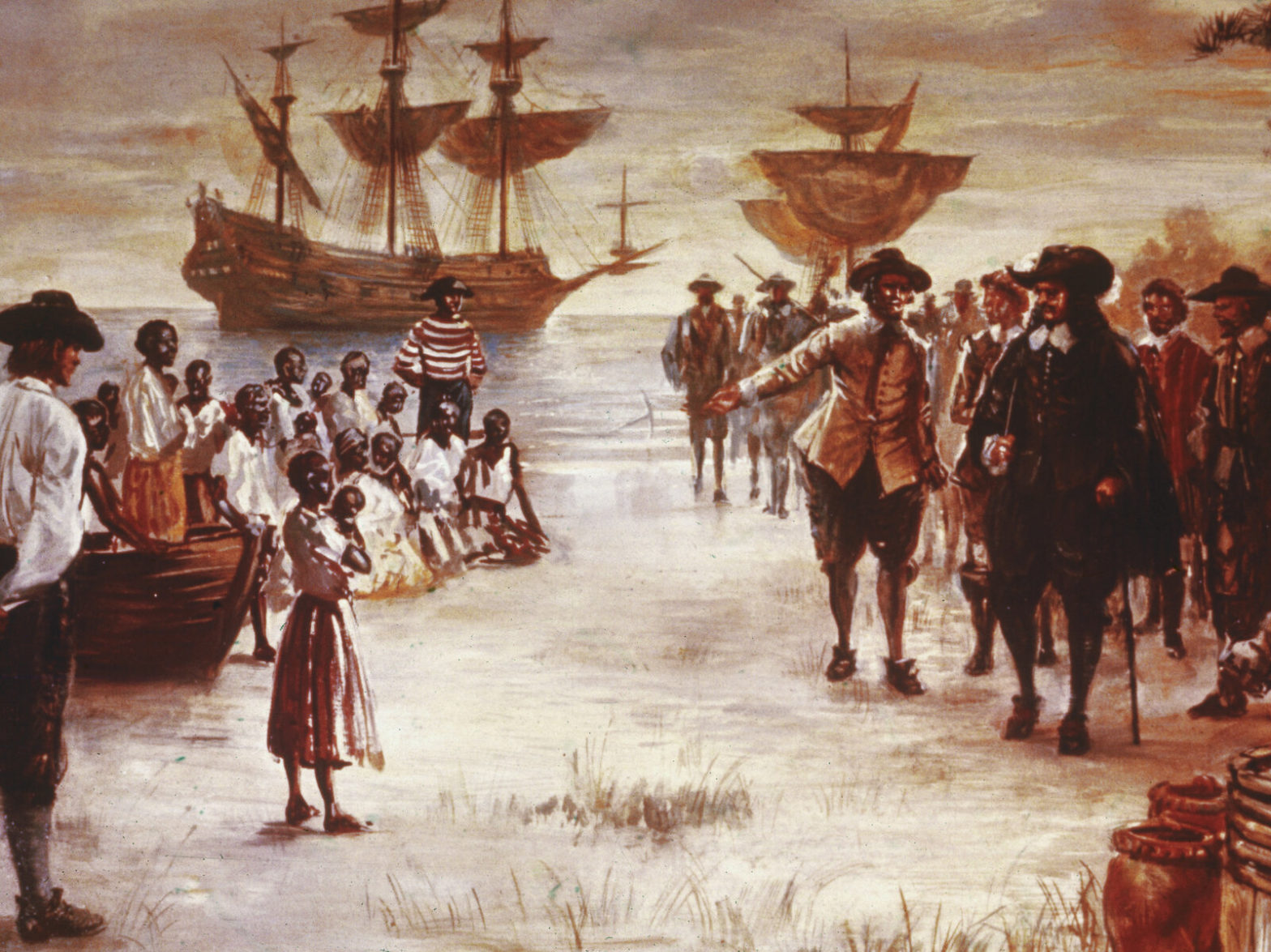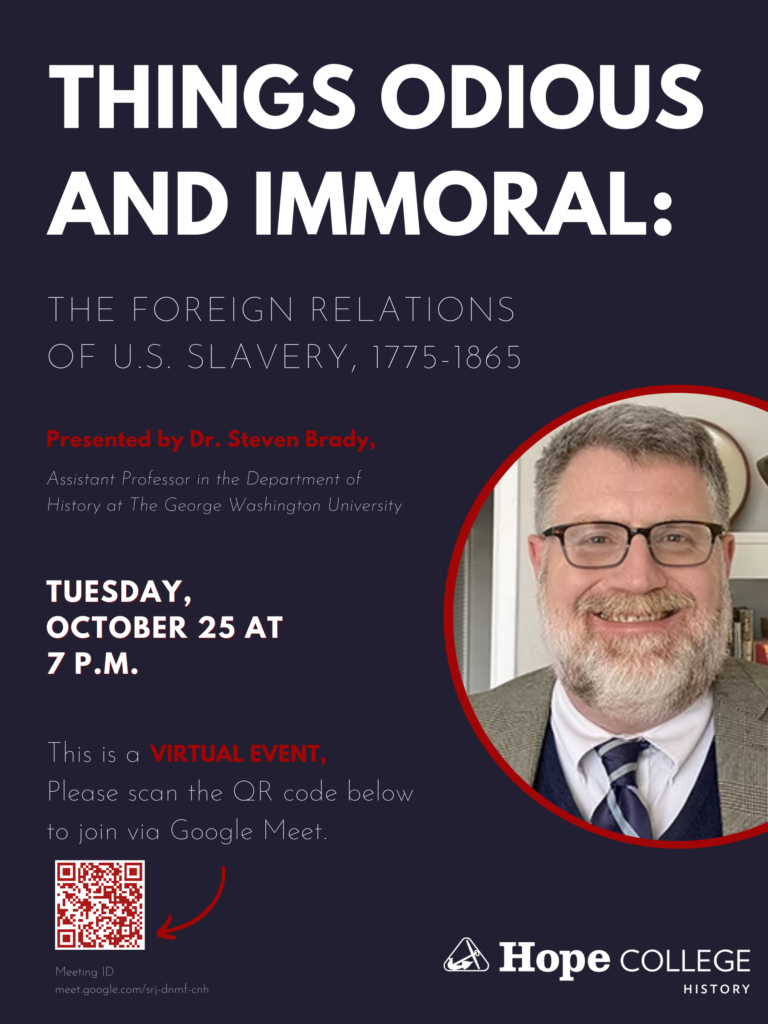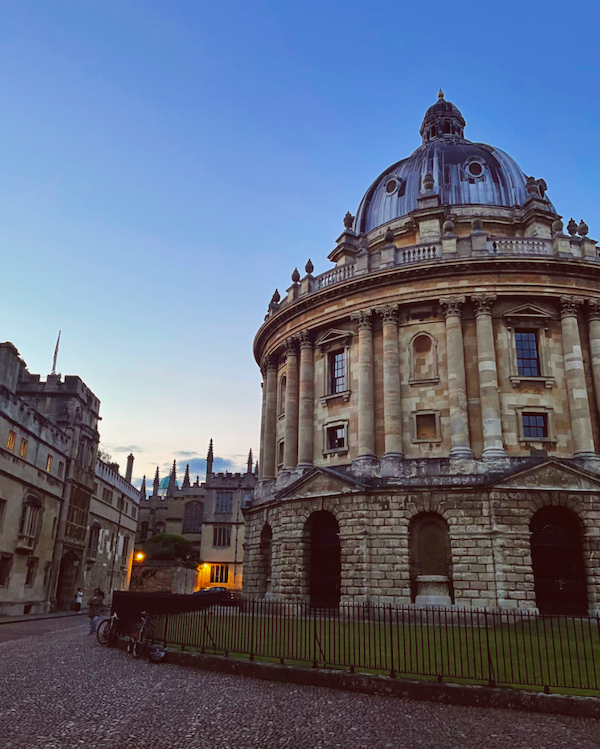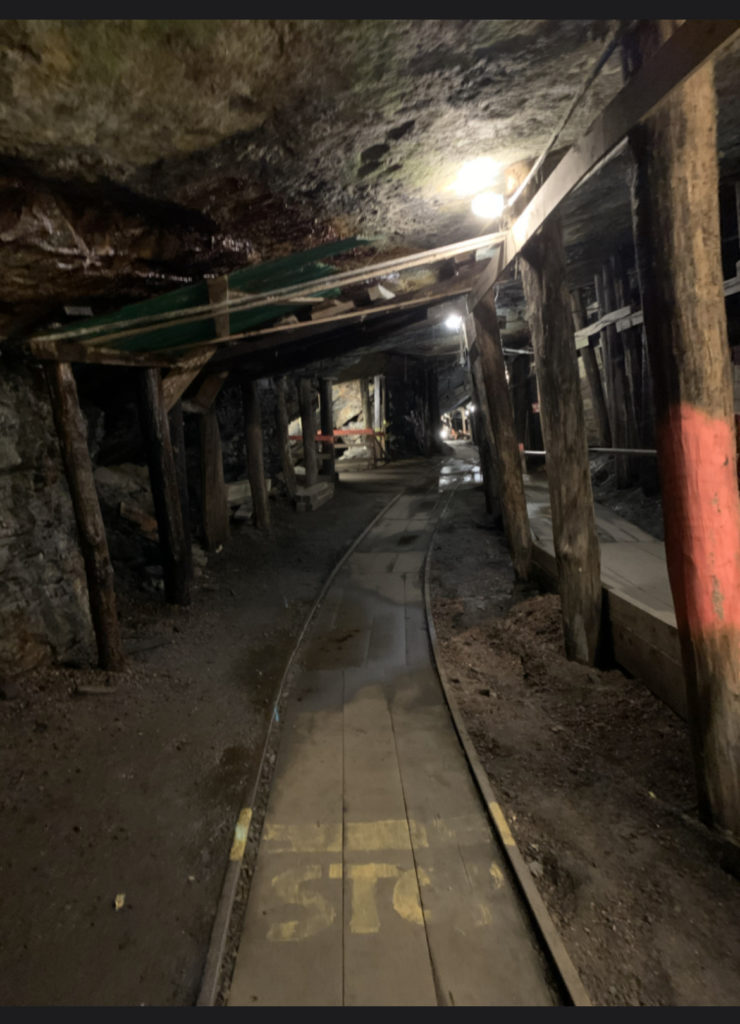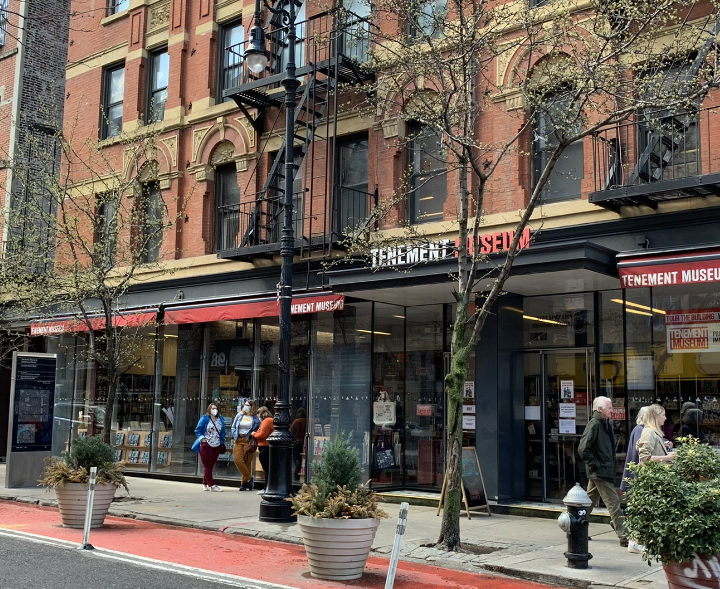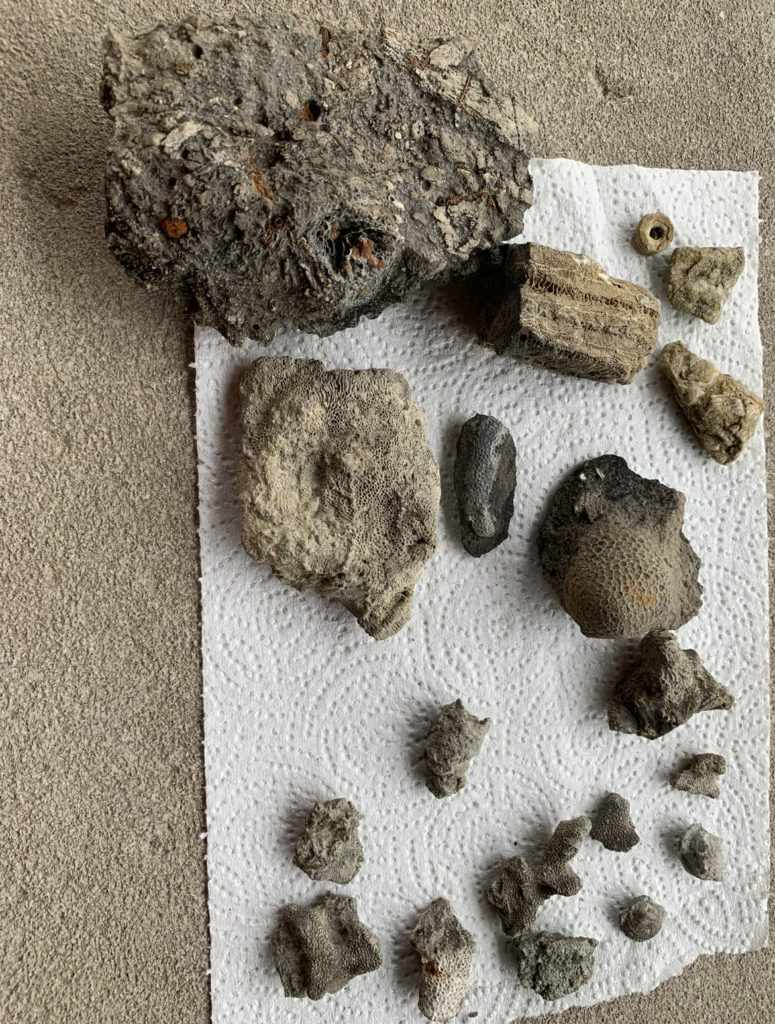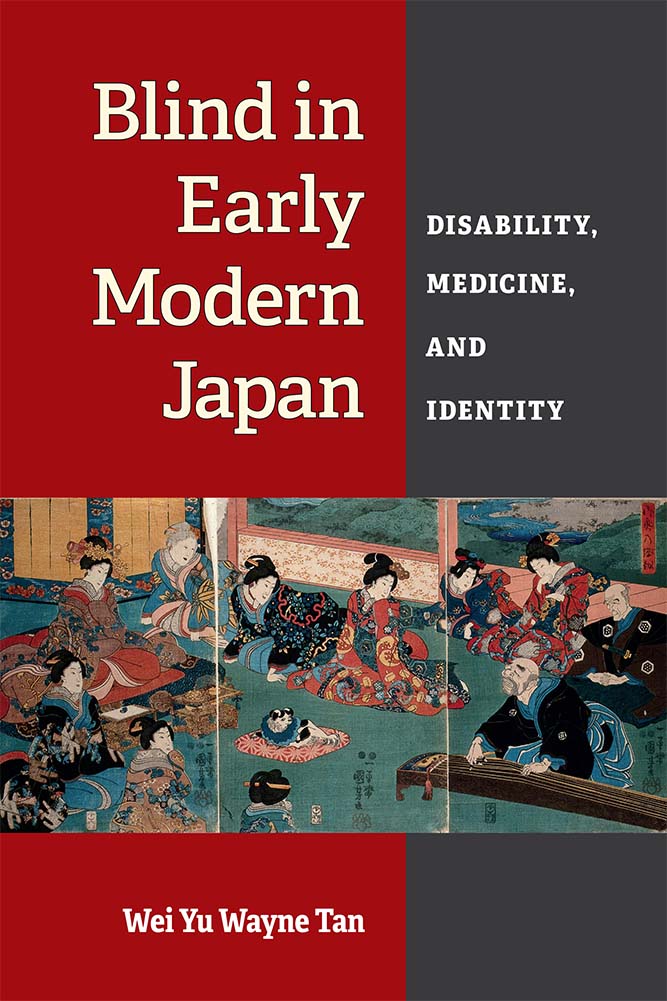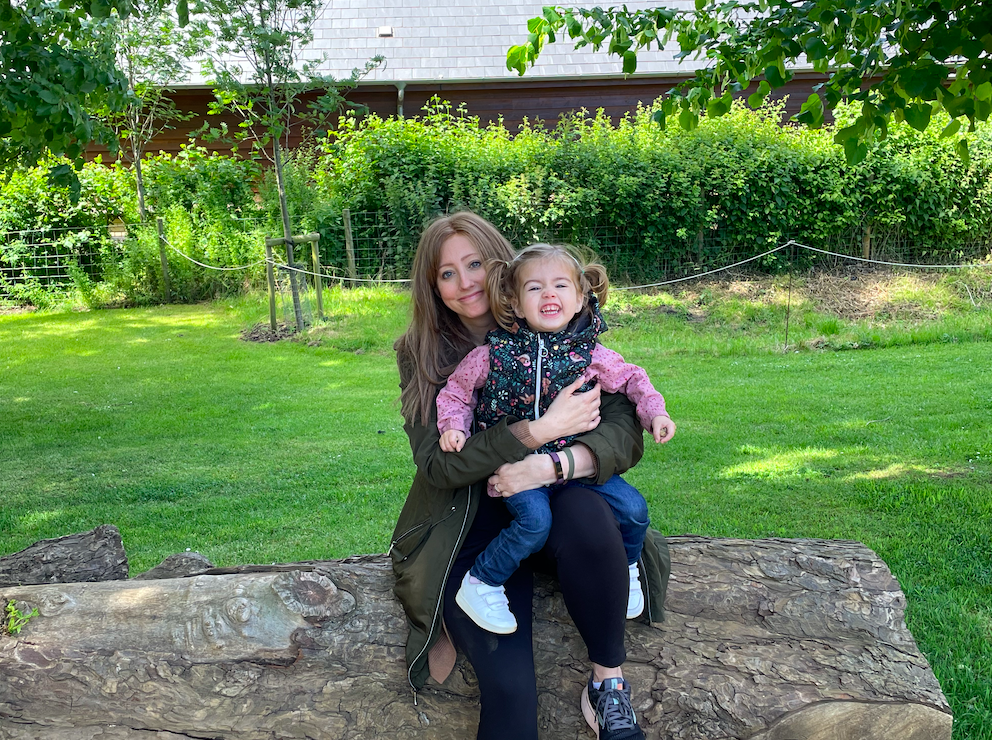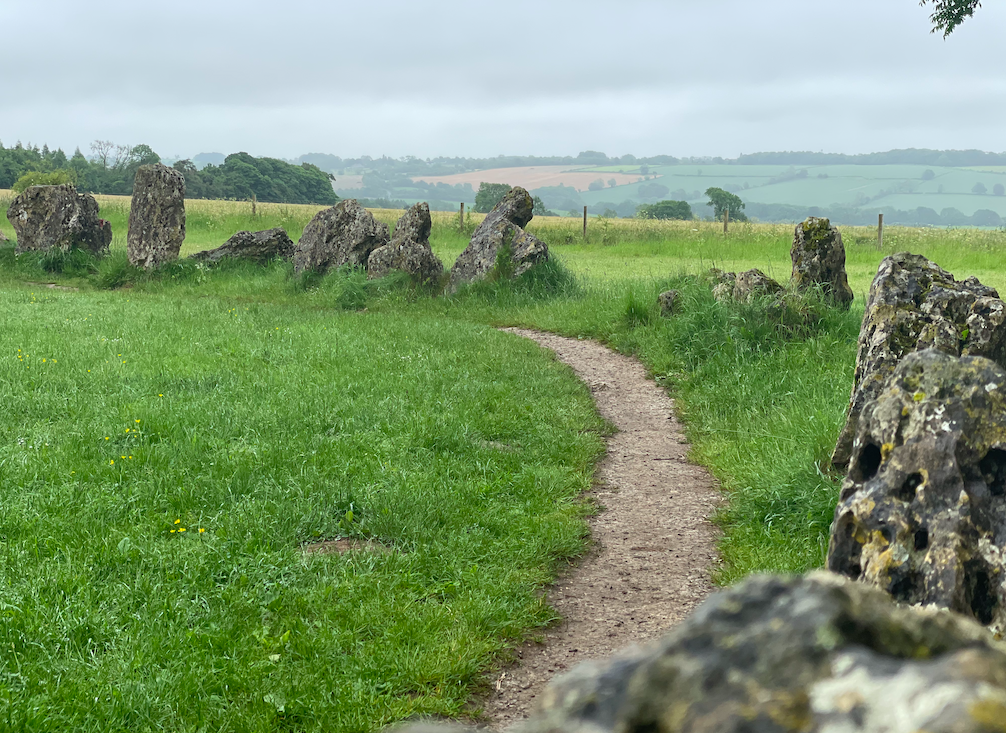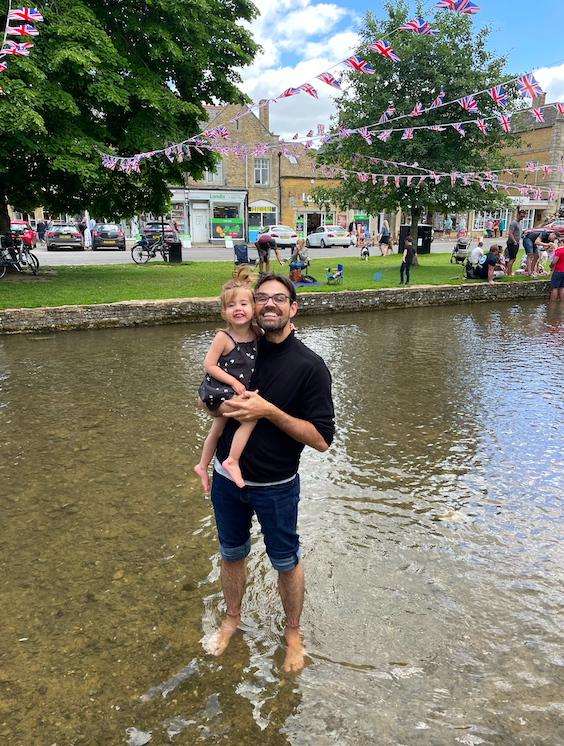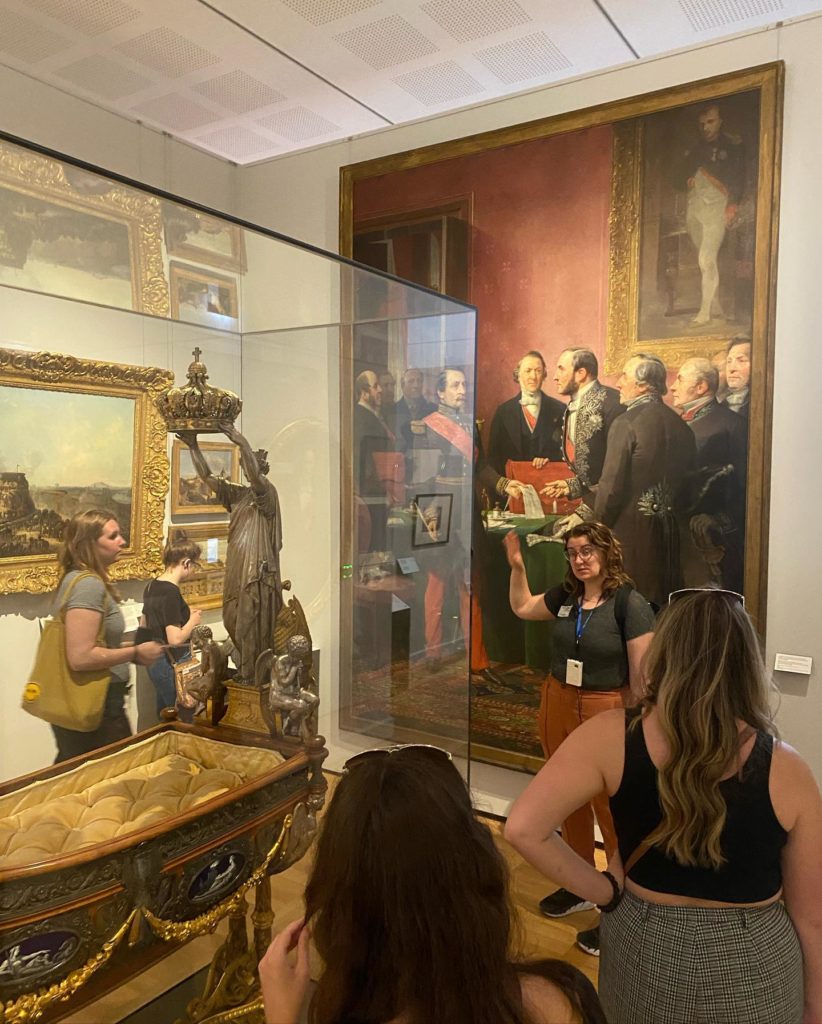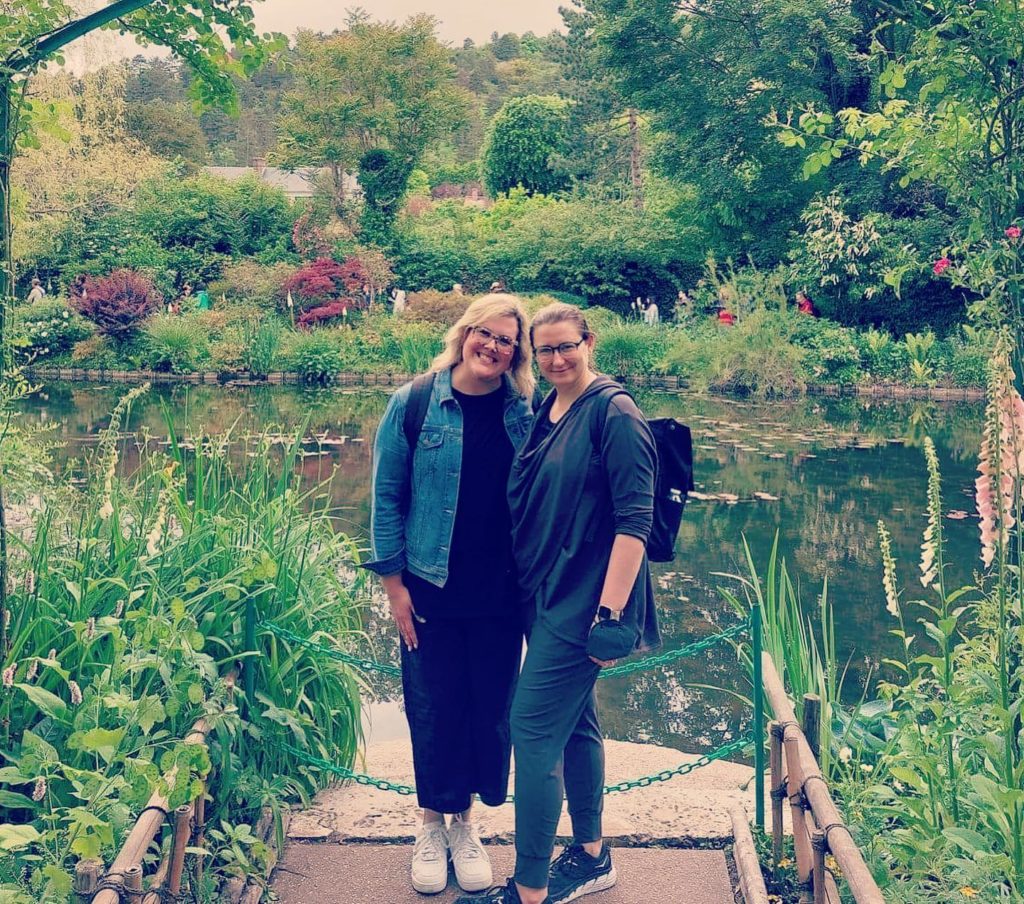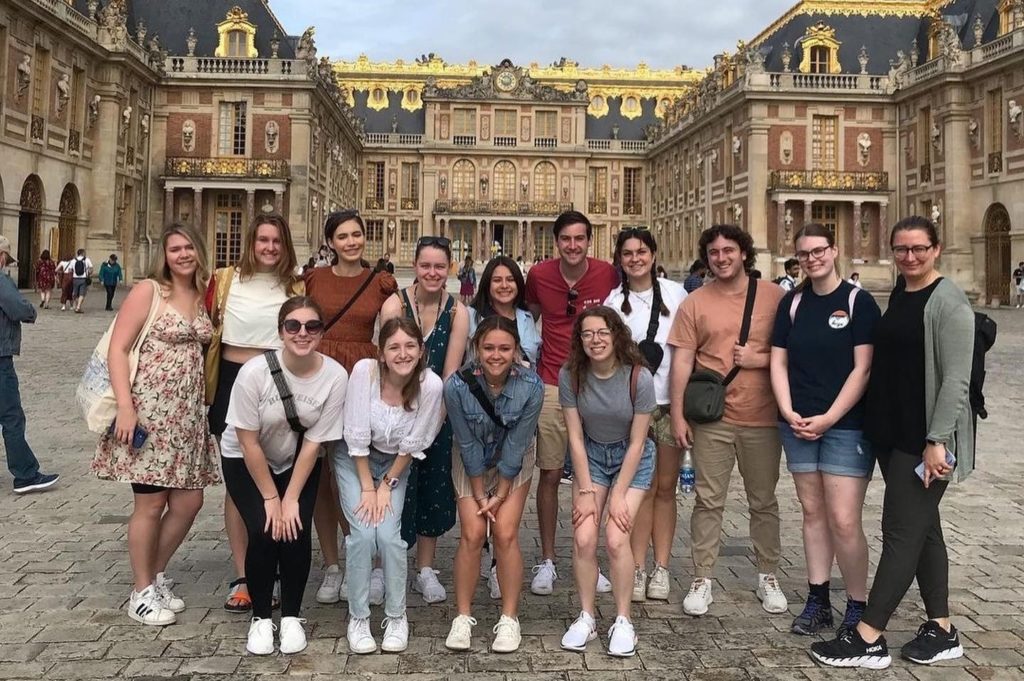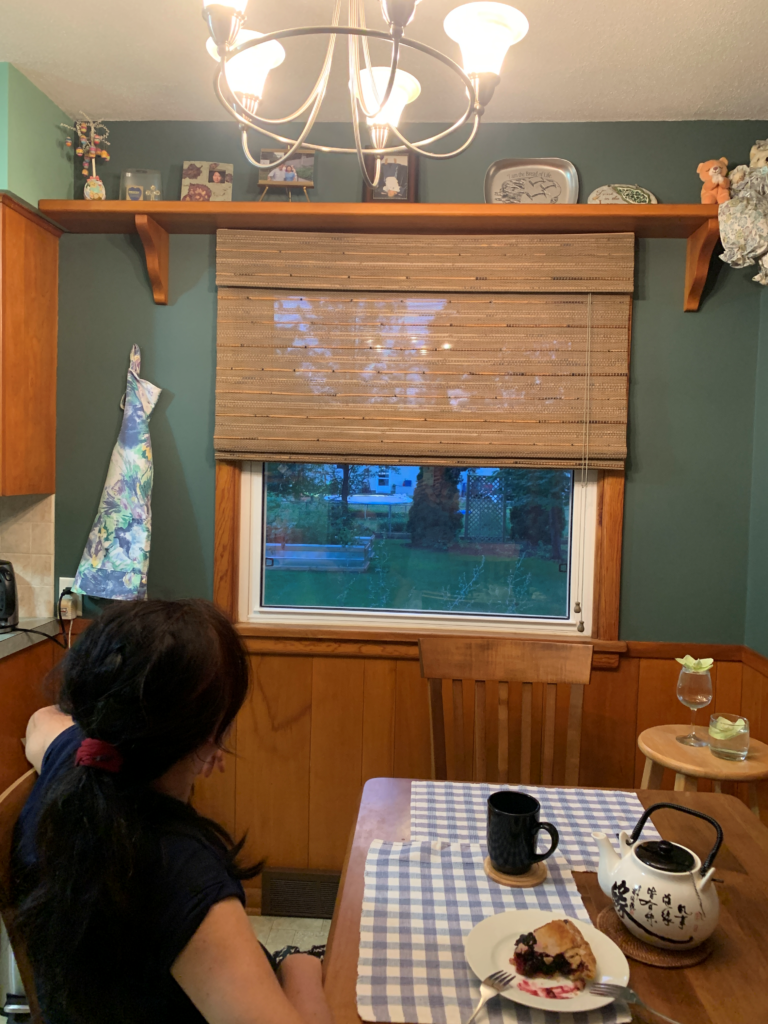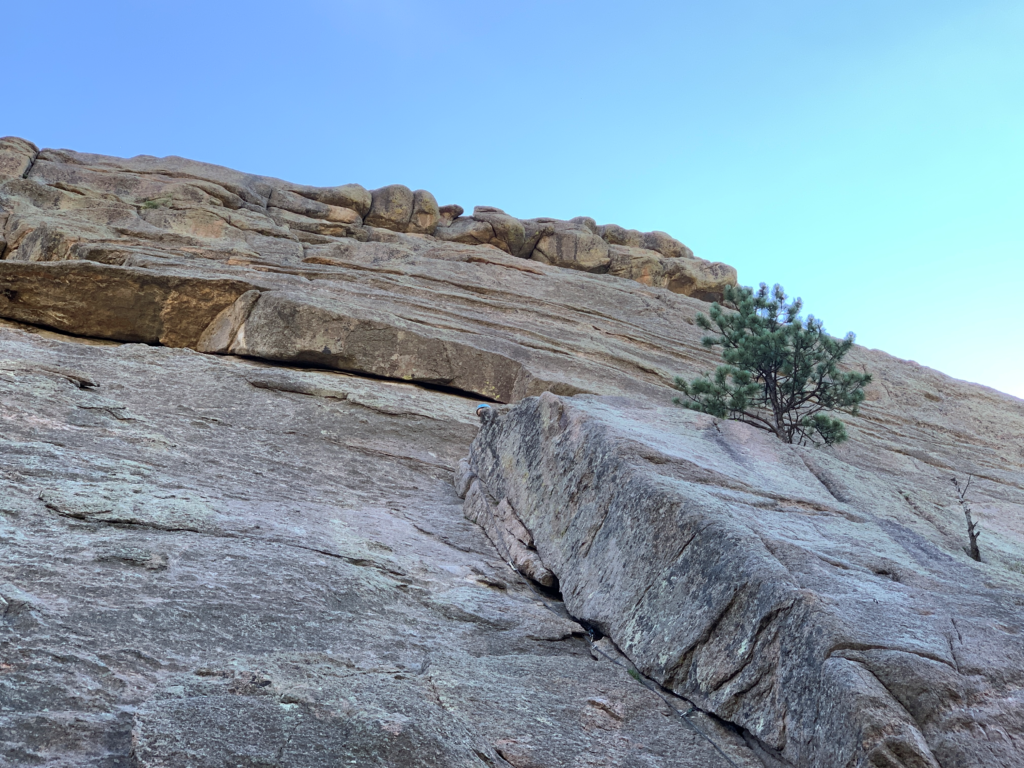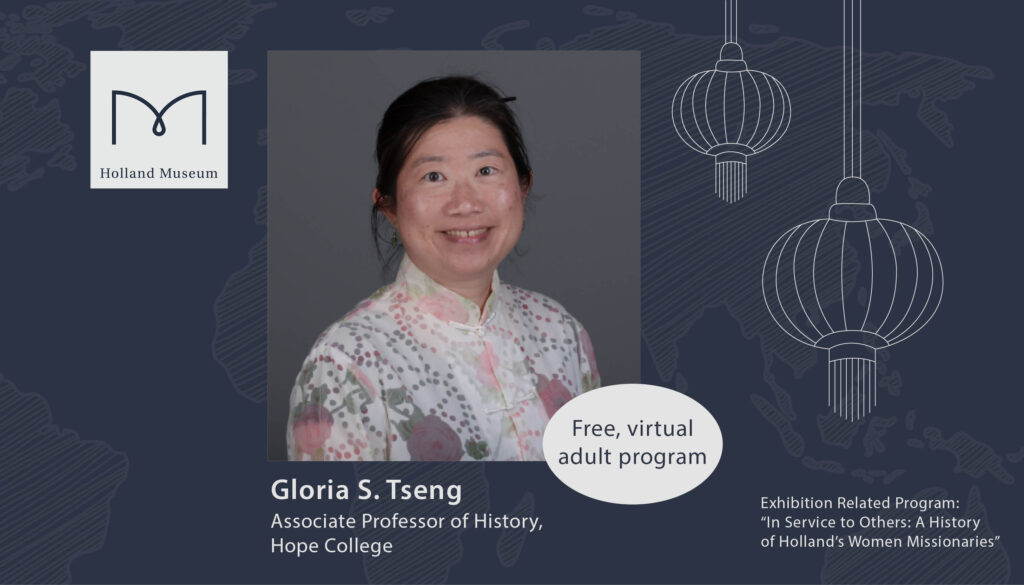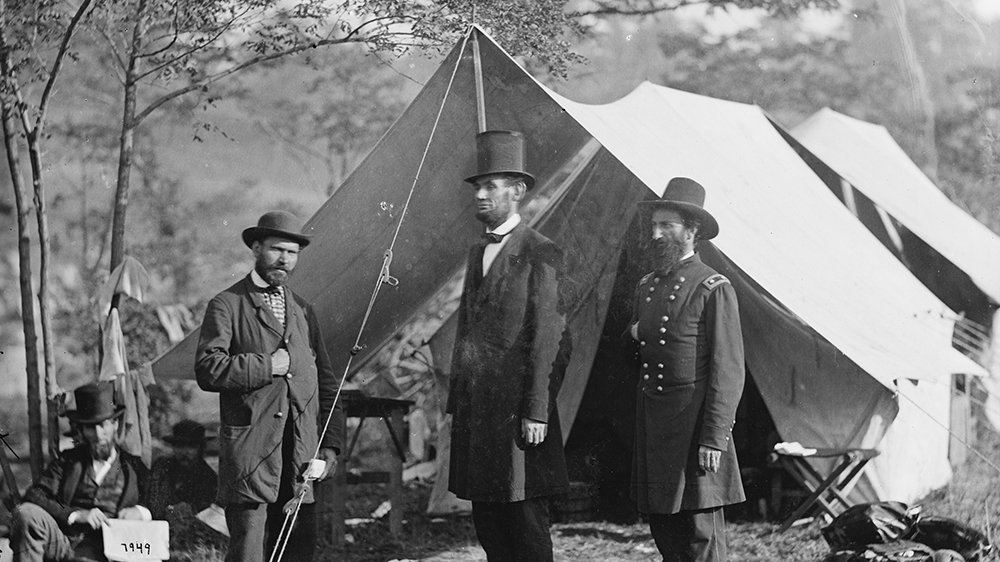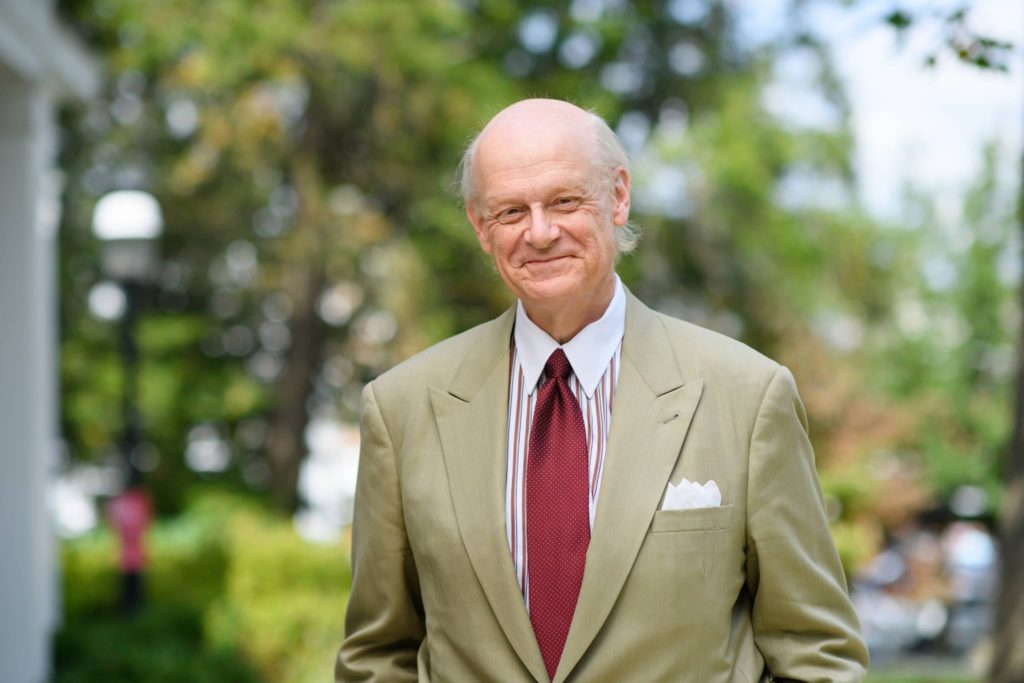Written by Fred L. Johnson III, Ph.D.,
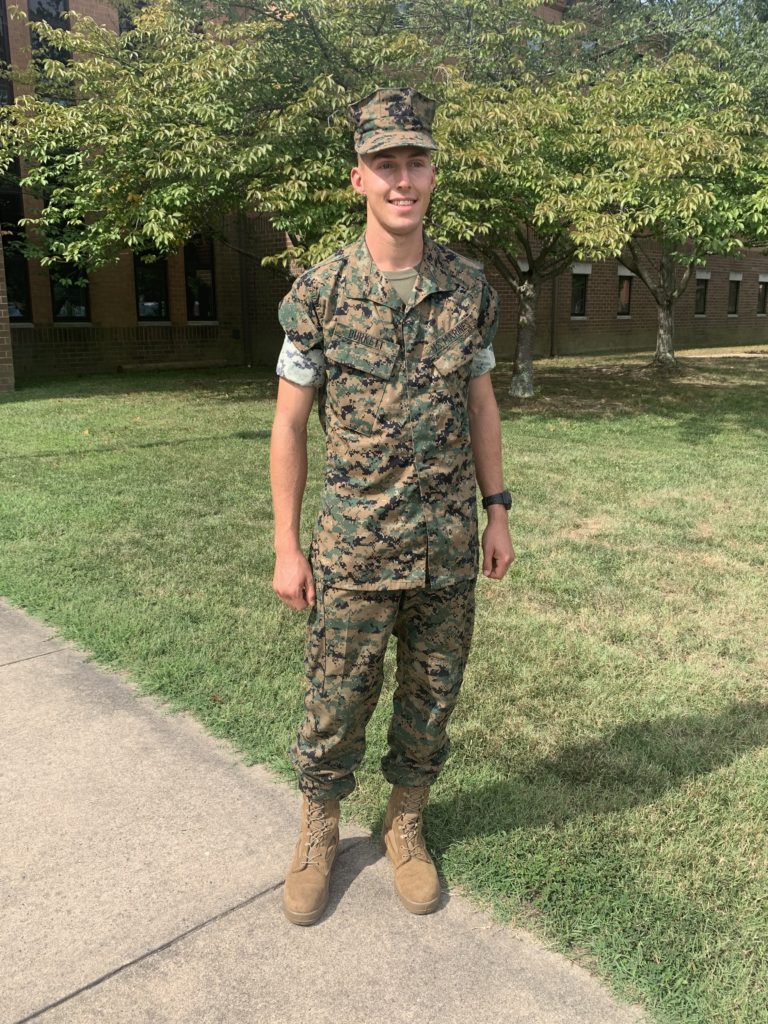
Twelve weeks of relentless pounding by Virginia’s brutal summer sun did not stop them. Hours of marching, running, and pushing themselves to perform beyond what they had once thought impossible made them determined to do more. Be better. Be excellent. They silenced inner demons of doubt to better hear the future calling them to duty and destiny. From the start until the end, May 2023 Hope College graduate, Jacob Burkett and his fellow candidates at Quantico Marine Base’s Officer’s Candidate’s School gave everything they had to earn the title: MARINE.
On August 5, 2023, newly commissioned Second Lieutenant Jacob Burkett raised his hand and swore to uphold and defend the Constitution against all enemies, foreign and domestic, against any and all threats to the United States of America. As Jake took his oath, a special guest of honor watched as the torch was passed to this new generation of warriors. Commander Everett Alvarez, Jr., the first American aviator taken captive during the Vietnam conflict, inspired the new Marines and their families with his mere presence. The grandson of Mexican immigrants, Commander Alvarez had been an A-4 Skyhawk attack pilot before being shot down near Hanoi on August 5, 1964. Commander Alvarez became the second longest-held U.S. prisoner of war (POW) in U.S. History (finally being released on February 12, 1973).
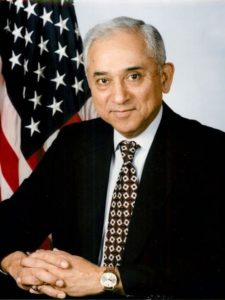
Commander
United States Navy (Retired)
Once Commander Alvarez was recognized for his outstanding service to the United States, the graduation ceremony continued, and I reflected on the many encounters that I’d had with Jake. Although not a history major (but rather a student in Hope’s Department of Economics and Business) Jake Burkett was nonetheless, making history with his accomplishment. During the 2022 – 2023 academic year, it had been my special privilege to share with Jake my own recollections about the wonderful pride and privilege of being a Marine Corps Officer. We also discussed the sobering reality that the Marine Corps’ primary purpose for existence is to wage war in defense of the nation.
Jake was always clear-eyed about his aspirations, forging ahead to prove that he belonged in the ranks of such excellent women and men of valor who’d dedicated themselves to preserving America’s republican-democracy. We discussed giants of leadership like four-time Navy Cross winner General Lewis Burwell “Chesty” Puller; hard-hitting, no nonsense former Commandant of the Marine Corps, General Alfred M. Gray; the warrior-sage General Richard I. “Butch” Neal who, as a young Second Lieutenant during the Vietnam conflict, was instantly thrust into command of a combat unit when its leaders were killed during a firefight; and trailblazers like General Margaret A. Brewer, the Marine Corps’ first woman general officer; and General Frank E. Petersen who, in addition to becoming the Marine Corps’ first black aviator, flew combat missions in Korea and Vietnam, eventually advancing to become the Marine Corp’s first black general officer.
Jake spared no effort familiarizing himself with the latest policies and doctrines that were being implemented not only in the Marine Corps but throughout America’s defense establishment to ensure preparedness in the constantly changing environment of the international arena. He repeatedly demonstrated that he possessed the right combination of intellectual brilliance, unflinching willpower, and voluminous courage to evolve into a great Marine Officer and commander. The aspect of Jake’s character, which assured me that he’d not only be a great Marine Officer but will become an outstanding leader, is his deep desire to serve from the front. Long before I ever mentioned the principle, Jake knew that it’s better to inspire people into action rather than by flexing rank and authority. Practical and wise, though, Jake also understood (and understands) that some people require occasional vigorous applications of rank and authority, and he possesses the presence of mind, soundness of judgment, and courage to do what’s necessary in helping him and his Marines accomplish their mission.
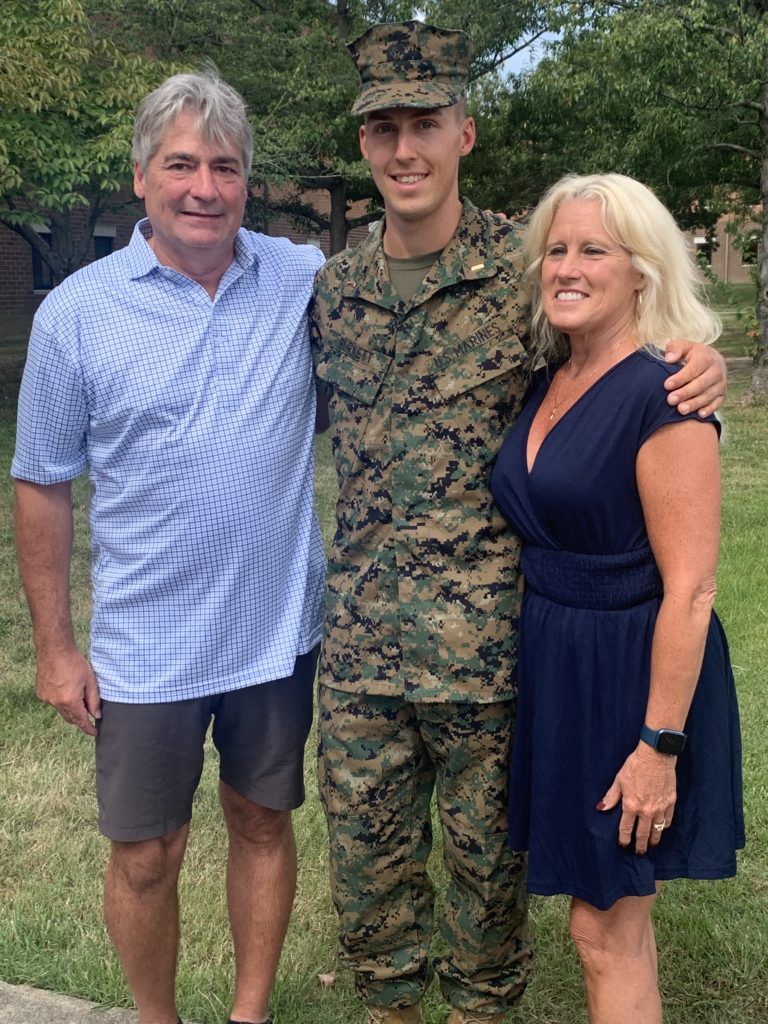
Second Lieutenant Jacob Burkett is a fine example of the collective work that’s achieved by Hope College’s staff, administration, and faculty in fulfilling the College’s mission to “educate students for lives of leadership and service in a global society.” Jake is also a son who made his parents proud on August 5, 2023 when he took his oath of office and assumed the title of United States Marine. It was a privilege and honor to sit with Jake’s family during the graduation ceremony at Quantico Marine Base’s Brown Field which proudly proclaims “We Make Marine Officers”.
Second Lieutenant Burkett, from one Marine Officer to another, I say congratulations.
Welcome to the legacy, and “Semper Fidelis” (Always Faithful).
Fred L. Johnson III, Ph.D.
Captain, United States Marine Corps (Retired)
Guy Vander Jagt ‘53 Endowed Professor of History at Hope College


